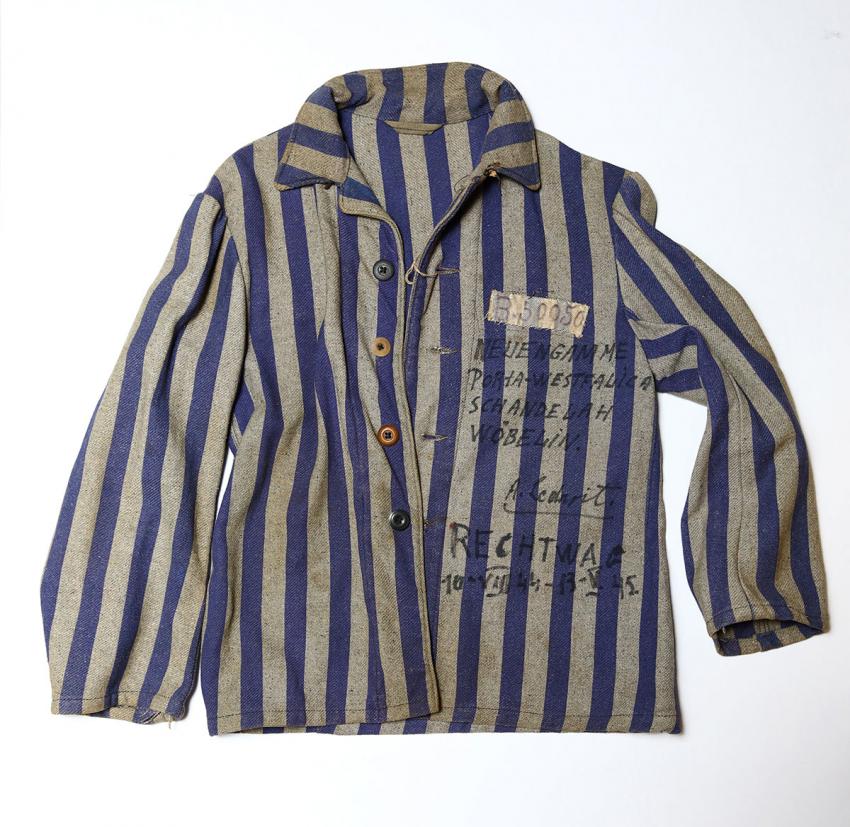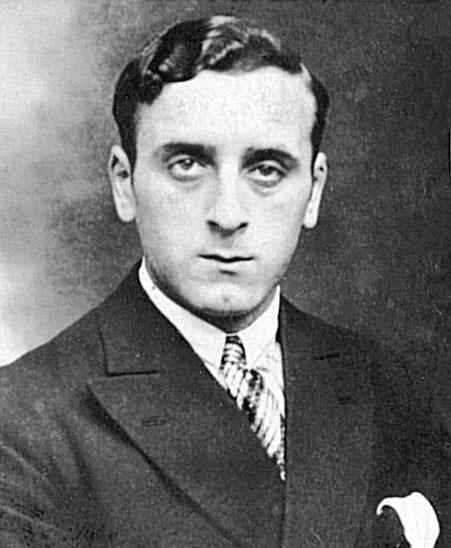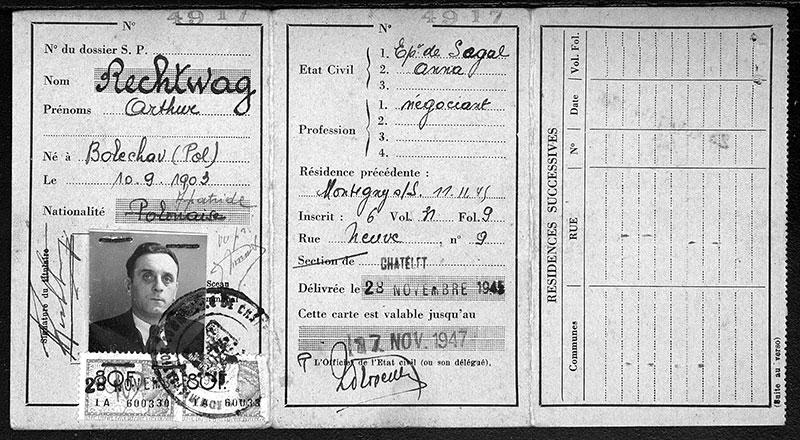


Courtesy of the Government Press Office



Sunday to Thursday: 09:00-17:00
Fridays and Holiday eves: 09:00-14:00
Yad Vashem is closed on Saturdays and all Jewish Holidays.
Entrance to the Holocaust History Museum is not permitted for children under the age of 10. Babies in strollers or carriers will not be permitted to enter.



Courtesy of the Government Press Office



[Written with pen on the shirt:]
“B50050 [Prisoner 50050][Camp names: ]
Neuengamme
Porta Westfalica
Schandelah
Wöbbelin[Under the list is a signature:]
A. Le...it [A. Ledroit]
RECHTWAG
10/VIII/44 – 13/V/45 [August 10, 1944 – May 13, 1945]
Arthur Rechtwag was born in Bolechow, Poland in 1903. He immigrated to Belgium in 1924 and worked as a traveling salesman until 1929, when he settled down in Charleroi in the Wallonia region. In 1930 he married Anna née Segal, and the following year their daughter, Sabine Dora was born.
In March 1942 Arthur joined the “Milice Patriotiques”, part of the “Front de l’Indépendance” Belgian resistance movement, and adopted the name “Arthur Ledroit” – a play on the translation of his name from German to French. This name also appears on the shirt. He was arrested in August 1944 in Jambes, with other Belgians who were accused of opposing the Nazi regime.
After a number of weeks in prison in Namur he was sent, apparently as a political prisoner, via the POW camp Meppen-Versen to the Neuengamme concentration camp, where he arrived on 16 September 1944. In Neuengamme, he was classified as prisoner number 50050. He was attached to a group of prisoners who were forced to work for the Nazi military industry, first in the Porta Westfalica unit, until March 1945, then in the Shandelah unit. Finally, in April 1945, they were transferred to the Wöbbelin-Ludwigslust camp, where they were liberated by American forces on 2 May 1945.
After the liberation, Arthur recorded his camp route on his prison shirt, signing his surname in both languages. This act, familiar to us from other survivor artifacts, demonstrates how the course of the individual’s destiny during the war became an integral part of his/her identity after the war.
After liberation, Arthur Rechtwag returned to the village of Chatelet in Belgium. In 1947, his son Maurice David was born. Arthur was recognized as a member of the armed resistance, and was granted Belgian citizenship in 1947.
Yad Vashem Artifacts Collection
Gift of Moshe Kalderon, Ramat Gan, Israel

Thank you for registering to receive information from Yad Vashem.
You will receive periodic updates regarding recent events, publications and new initiatives.

"The work of Yad Vashem is critical and necessary to remind the world of the consequences of hate"
Paul Daly
#GivingTuesday
Donate to Educate Against Hate


Worldwide antisemitism is on the rise.
At Yad Vashem, we strive to make the world a better place by combating antisemitism through teacher training, international lectures and workshops and online courses.
We need you to partner with us in this vital mission to #EducateAgainstHate
The good news:
The Yad Vashem website had recently undergone a major upgrade!
The less good news:
The page you are looking for has apparently been moved.
We are therefore redirecting you to what we hope will be a useful landing page.
For any questions/clarifications/problems, please contact: webmaster@yadvashem.org.il
Press the X button to continue



